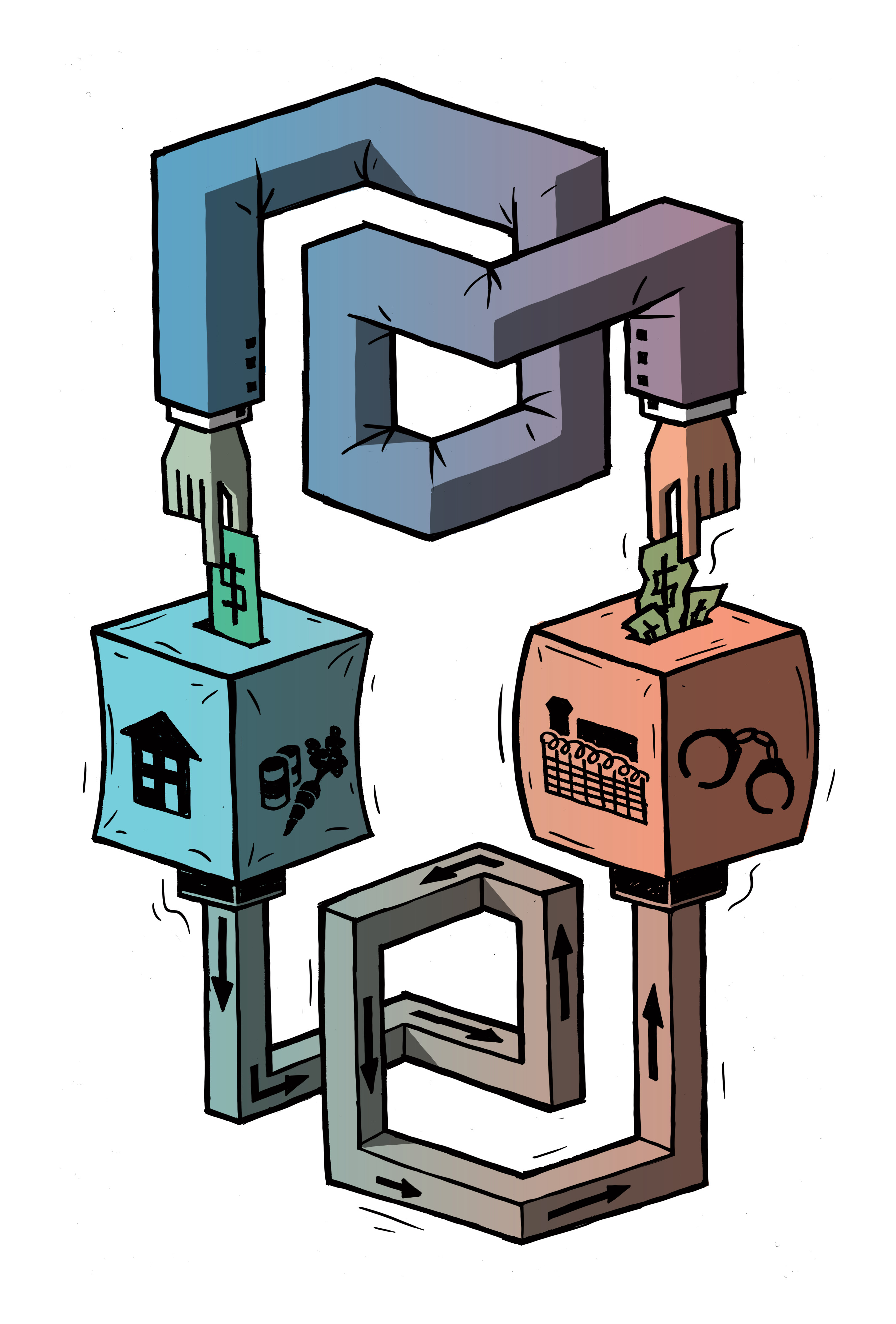Newly surfaced government documents, which were classified as top secret, have exposed the Conservative government of allowing various security agencies in Canada, including the RCMP, Canadian Security Intelligence Services (CSIS), and Canada Border Services Agency (CBSA), to use information obtained through torture techniques.
Information about these government directives was obtained by the Canadian Press through the Access to Information Act, and shows the directives were handed down by Public Safety Minister Vic Toews, to the various agencies mentioned.
In these documents the guidelines stated for whether or not to use information obtained through torture techniques is based on the concern over, and the priority of, the protection of property and life for Canadian citizens.
Each of the directives given out came with a framework document which states, “The objective is to establish a coherent and consistent approach across the government of Canada in deciding whether or not to send information to, or solicit information from, a foreign entity when doing so may give rise to substantial risk of mistreatment of an individual.”
The directive report also claims that the threat of terrorism is key to the decision to allow information obtained through torture to be used, and that “it is essential that the RCMP and border agency maintain strong relationships with foreign entities and share information with them, as well as with domestic agencies.”
When contacted by the CBC for a statement, Julie Carmichael, director of communications for Vic Toews, had this to say: “Our government does not condone the use of torture and certainly does not engage in it. The minister’s directive is clear, the primary responsibility of Canadian security agencies is to protect Canadian life and property. At all times we abide by Canadian law.”
These directives were allegedly given out sometime in 2010, but only information on the directives given to CSIS were uncovered at the beginning of this year. Now all directives that concern this issue, and were given out to the various agencies, have come into public light.
News of these directives has been met with widespread criticism from human rights organizations. Certain members of these organizations believe that these directives will invite similar directives from other national leaders, thereby condoning torture.
Interim Liberal leader Bob Rae is quoted as having said he thinks that this is a truly disgraceful moment in Canadian public policy, and that it sets us back a very long way.
Similarly, NDP public safety critic Randall Garrison said that these federal directives are in opposition to Canada’s legal obligations under the Convention Against Torture, which requires us as a nation to condemn the misuse of prisoners and the use of torture techniques to extract information.
“When you talk about things having a slippery slope, torture probably has the slipperiest slope of them all internationally.”
Many share similar feelings that potential consequences of these new government directives could have far reaching implications in the years to come, especially concerning international relations.




